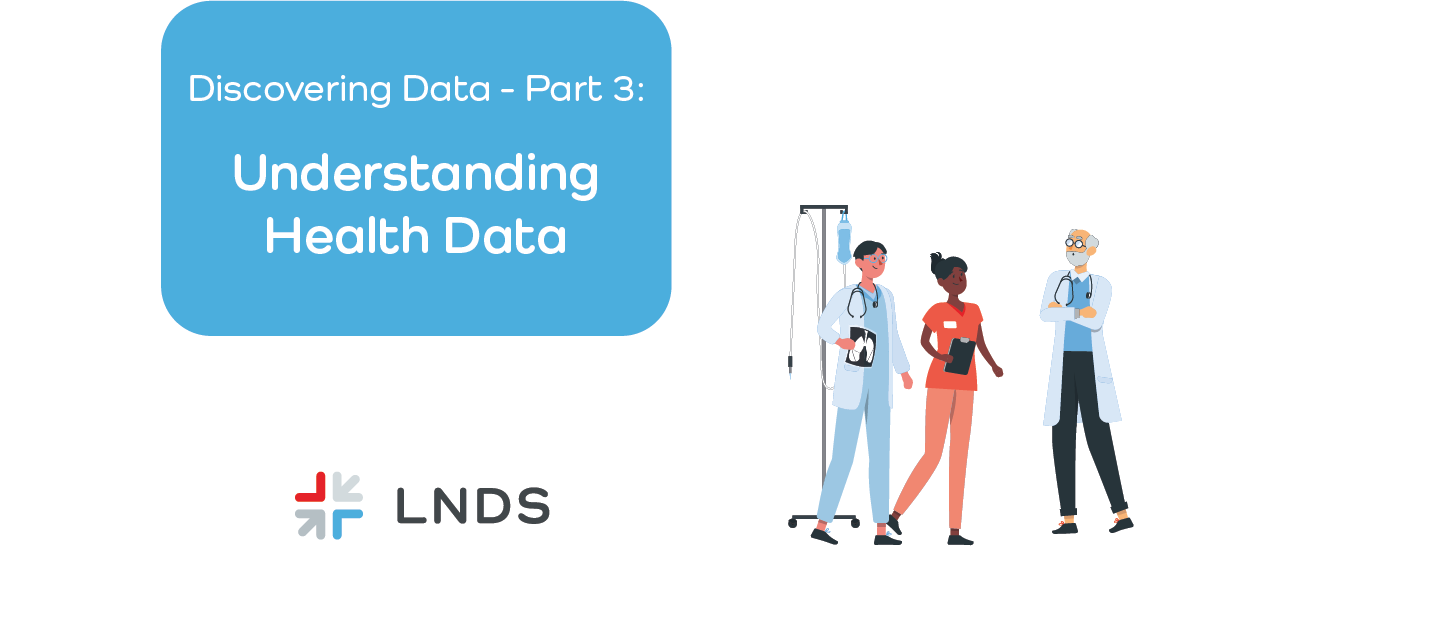
Discovering Data – Part 3: Understand Health Data
Welcome back to our blog series dedicated to the diverse world of data. Building on our discussions about general data definitions and personal data, we now focus on a special category of personal data. In this third part, we delve into the important concept of health data. Health data has significant implications for privacy, security, and ethics in the digital age.
Read the full blog or watch our short video presented by our CEO, Bert Verdonck, to dive deeper into this fascinating topic!
What is Health Data?
Health data, often referred to as sensitive data, is a specialised category of personal data.
According to the General Data Protection Regulation (GDPR), data concerning health is defined as personal data related to the physical or mental health of a natural person. This includes the provision of health care services, which reveal information about his or her health status.
This definition is particularly broad and includes all data associated with health care services. This could range from medical records and treatment histories, to diagnostic results and health insurance information. The comprehensive nature of health data underscores its importance and the need for stringent protection measures.
Medical Data: A Subset of Health Data
Another relevant term within this category is medical data. Medical data includes all data generated or used in a professional medical context. This encompasses patient records, treatment plans, diagnostic results, and more.
In a medical context, we always consider medical data as health data, and therefore, sensitive. The handling of such data must adhere to strict protocols to ensure privacy and confidentiality, reflecting its critical role in health care and research.
For instance, the European Health Data Space (EHDS) provisional agreement aims to give EU citizens greater control of and access to their health data and health records both inside of the individual’s member state, as well as across EU borders.
Why Health Data Matters?
The sensitive nature of health data makes it a valuable resource that requires conscientious handling. Gathering and processing health data involves careful consideration to protect individuals’ privacy while enabling the advancement of health care services and medical research.
The GDPR sets out clear guidelines for managing health data, ensuring that it is treated with the care it deserves. Recognising the gift that health data represents is essential for fostering trust and integrity in health care practices and research initiatives. Remember that data, as discussed in blog part 1, should always be considered a gift.
Let’s be conscious and careful while performing our work in the health data space!
Bert Verdonck, CEO
Looking to the Future
As we continue to explore the world of data, we invite you to recognise health data as a precious and sensitive resource to appreciate the responsibility that comes with handling it.
Together, let’s navigate the complexities of health data, ensuring its secure and ethical use to enhance healthcare and protect patient privacy.
Stay up to date with the latest insights from LNDS and the world of data, by subscribing to our newsletter!


